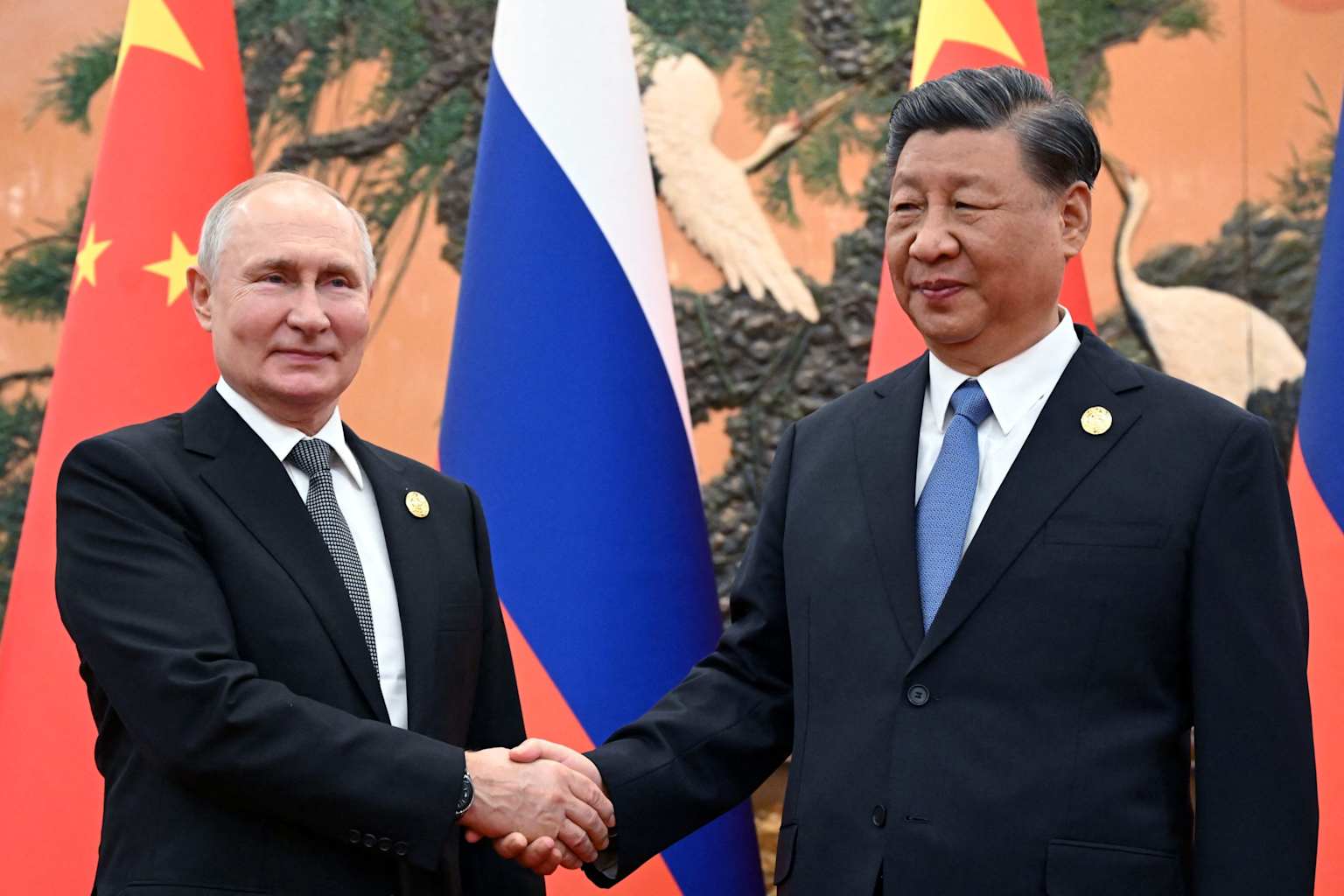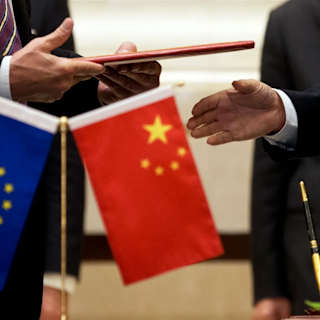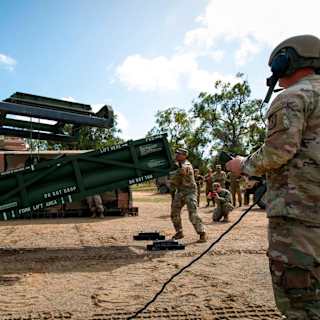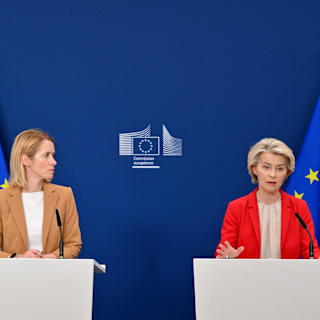- Beijing's Strategic Calculus Revealed
- Diplomatic Tensions and Trade Disputes
- Strategic Partnership Under Pressure
Chinese Foreign Minister Wang Yi told European Union officials this week that Beijing cannot allow Russia to lose its war in Ukraine, warning that a Russian defeat would prompt the United States to shift its strategic focus entirely toward China. The remarks, made during a tense four-hour diplomatic meeting in Brussels on July 3, represent one of the most candid admissions yet of China's strategic calculations regarding the three-year conflict.

Wang Yi's comments to EU foreign policy chief Kaja Kallas were described by European officials as startling in their directness, according to the South China Morning Post12. The Chinese minister argued that the ongoing war serves Beijing's interests by keeping Washington preoccupied with European security rather than pivoting toward the Indo-Pacific region.
"If China was materially supporting Russia, the conflict would have ended long ago," Wang told Kallas, rejecting EU accusations that Beijing provides military or financial assistance to Moscow34. The exchange, omitted from official meeting summaries, occurred as Kallas pressed China to "immediately halt all material support that bolsters Russia's military-industrial complex"2.
EU officials characterized Wang's presentation as "a lesson in realpolitik," with the minister delivering what one source called "lengthy history lessons" about Washington's strategic priorities53. The frank admission underscored long-held suspicions in Brussels that China benefits from the war's continuation.
The Brussels meeting highlighted growing friction between Beijing and the EU ahead of a planned China-EU summit later this month1. Kallas accused Chinese companies of supplying dual-use components to Russia, calling it a "serious threat" to European security2. The EU also criticized China's restrictive export policies on rare earths and magnets vital to European manufacturers2.
China's Ministry of Commerce responded by reducing license processing time for rare earth exports from six weeks to three weeks, according to the Economic Times2.
The war has deepened the China-Russia partnership, with Beijing providing crucial economic support that has helped Moscow weather Western sanctions1. Despite officially maintaining neutrality, China has become Russia's largest trading partner and a key source of dual-use technologies2.
"China cannot afford for Putin to fail, as this would threaten the stability of the anti-Western regime in Russia," according to analysis from the Centre for Eastern Studies1. The assessment suggests Beijing views the conflict through a geopolitical lens where a protracted war may serve Chinese interests better than a swift resolution.



